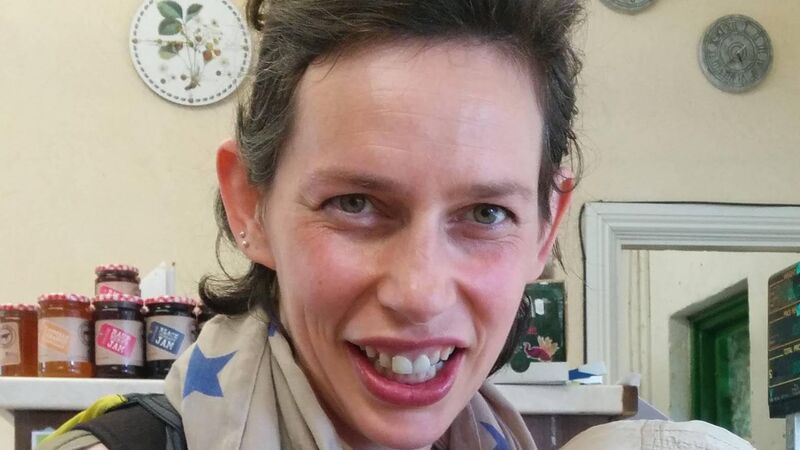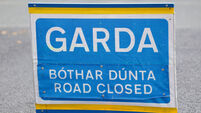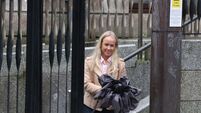Gardaí found Cork woman's body on floor of campervan with child's seat over face, trial told

Valerie French Kilroy (pictured) was found lying on her left-hand side in a curved position with her knees bent forward to her chest. File picture
Gardaí found the body of a mother-of-three lying in the foetal position on the floor of a campervan with her bloodied hand protruding outside the sliding door and a child's car seat over her face, a murder trial has heard.
A garda also told the Central Criminal Court jury on Thursday that Valerie French Kilroy's three children were found in their rural home hungry and "very dehydrated". One child requested Kellogg's Coco Pops, which the garda witness went out to buy.











